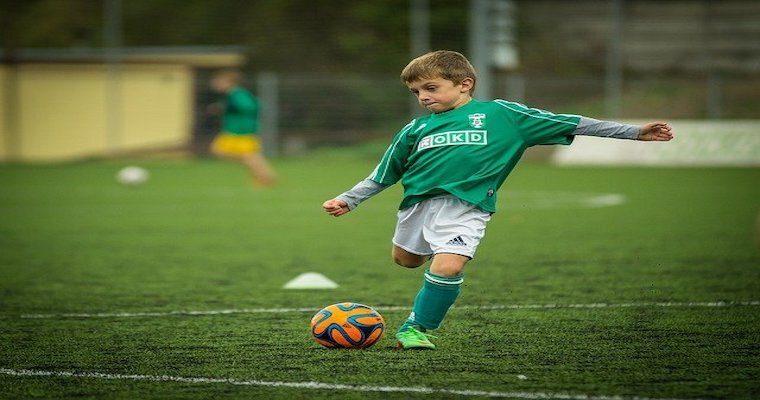
When we combine all the elements of birth date, genetics, body size, shape and its components, psychological skills, motivation, environment, support from parents, coaches, peers and pals, volume of sport-specific practice, training and specialisation we can see the growth and development of the elite or professional athlete. But if we specialise early and get ahead of the pack, will it lead you on to victory?
Many people believe that early specialisation is the key to success, but is the evidence pointing in the same direction? Some sports require peak performance or performance excellence before the athlete has reached biological maturity. For example, super-elite athletes in some sports (artistic gymnastics, figure skating, platform diving and rhythmic gymnastics) performed between three and seven times more sport-specific training to age 10 compared with all other Olympic sports. Overall, their volumes of practice did not differ from other elite athletes in their sport; rather, they just did their practice at a younger age.
For most athletes at non-elite, junior elite, elite and super-elite level, they participated in many sports through childhood and adolescence. Whatever benefits there might be to early specialisation, there are also costs. These costs include less enjoyment, restricted activities outside sport, overuse injuries, greater risk of dropout and demands on their time)
So is it possible to get the balance right? Or is there a balance at all, and this is the price to pay to achieve excellence? Research that compared super-elite and elite athletes from field hockey, tennis, soccer and 47 Olympic sports have shown that larger volumes of training and play in other sports among the super-elite, were associated with a later start in their main sport and later specialisation. In golf, for example, we see so many examples of this late specialisation (e.g., Laura Davies, Nick Faldo, Ernie Els, Lee Westwood, Mel Reid). Is there sense to simply play and sample sport and still get to the top? Yes, many athletes have spend lots of time playing sport that is not organised by an adult during their childhood. We have seen a positive relationship between non-organised sport and super-elite success. One finding from soccer showed that elite and non-elite players could be differentiated by a combination of above average volume of organised soccer (i.e., training) with above average involvement in other sports or non-organised soccer play.
What the overall message? Specialising in sport later seems like the best way forward. Children and adolescents gain from taking part in sport whether organised or unorganised. Children and adolescents value playing and practice in organised sport (as a dominant sport) with another sport or sports that are less demanding (either organised or non-organised). What remains at the heart of this work is to gain the greatest benefits for the most people whatever happens in their careers. Children and adolescents need some organisation, some support and some free time. They need choices along the way rather that a one-way street. As policy makers, we can support the provision of sport, good sports education and wonderful skills to use in other sports and in their free time.
Reference
Rees, T. (2016). The Great British Medalists Project: A review of current knowledge on the development of the world’s best sporting talent. Sports Medicine (Auckland), 46(8), 1041–1058. https://doi.org/10.1007/s40279-016-0476-2
Image by bottomlayercz0 from Pixabay
